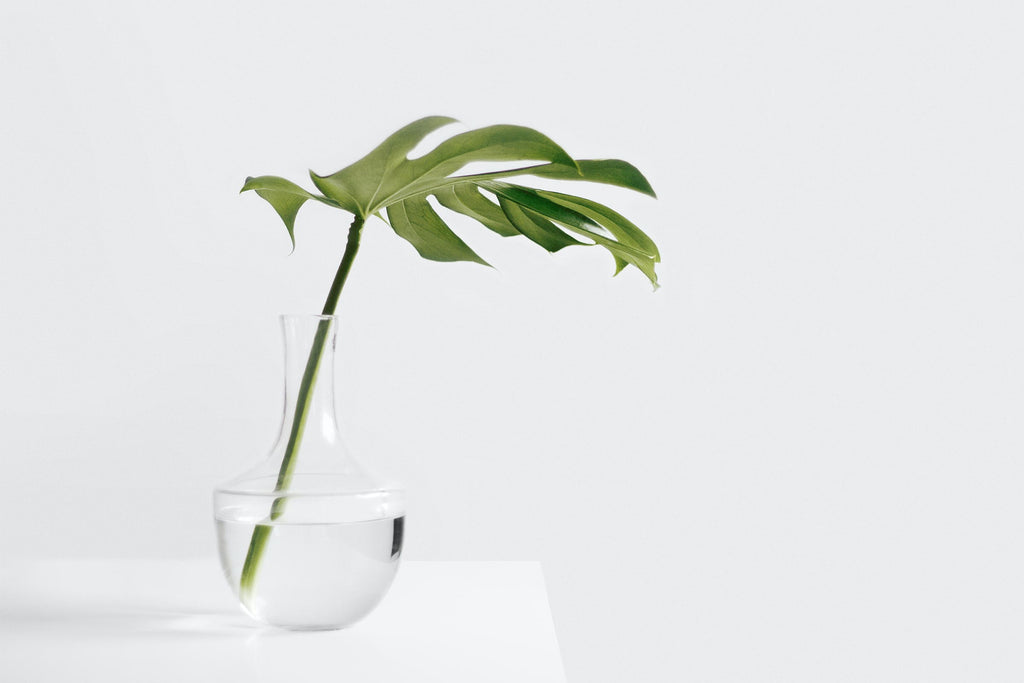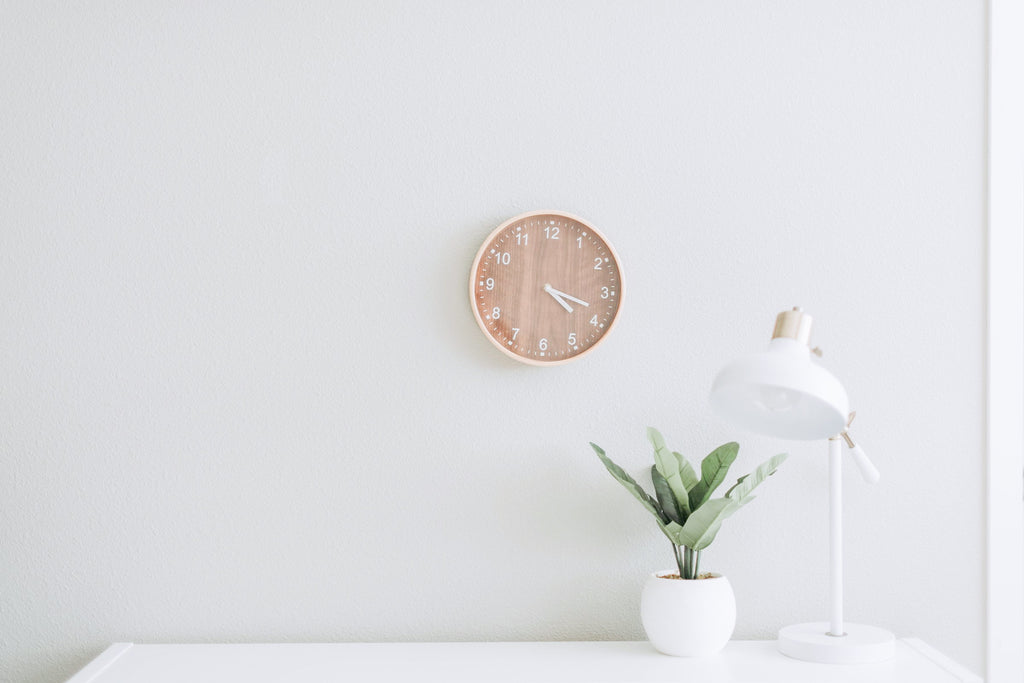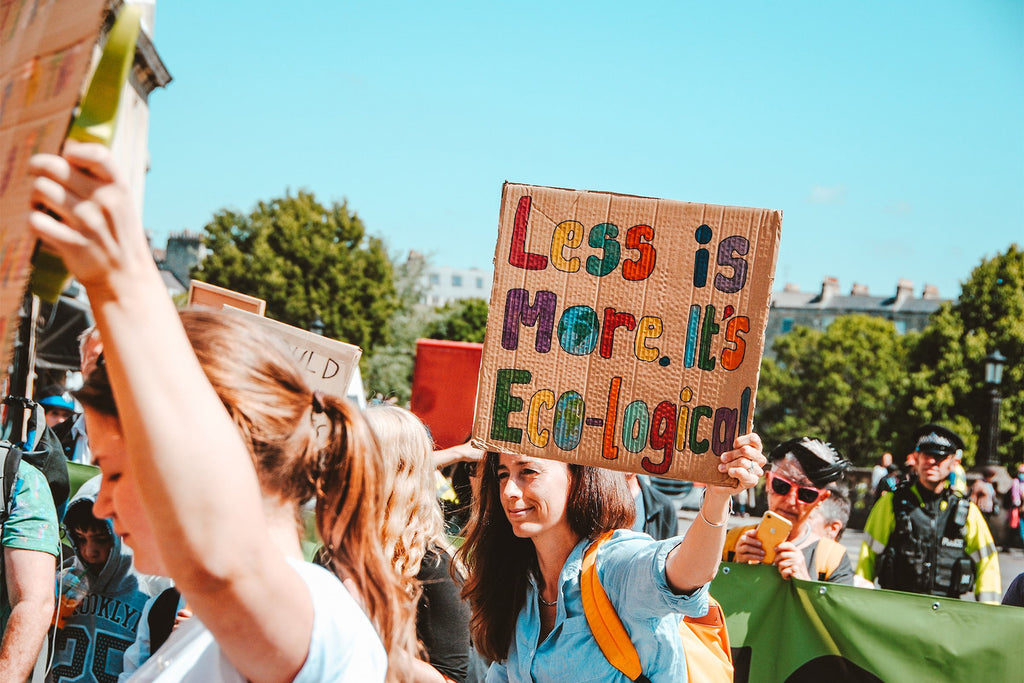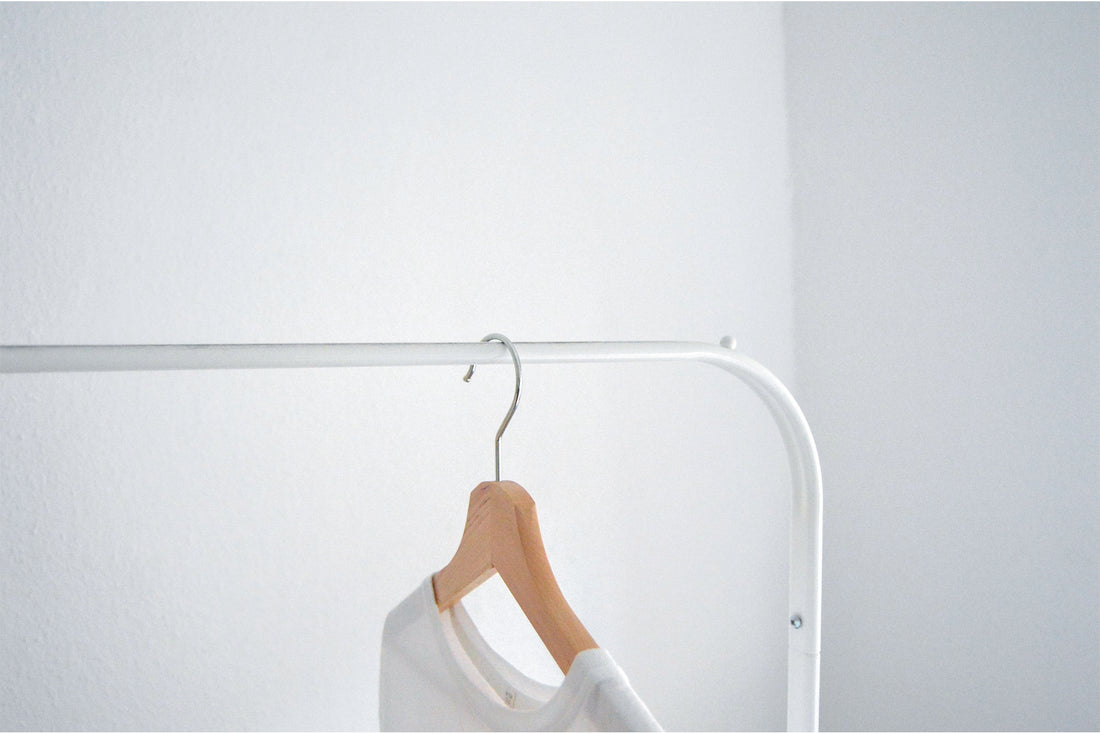What is minimalism, exactly
Minimalism is the intentional, conscious decision to reduce what is superfluous in order to live more fully with the people and things that are matter to you. It was created in 1965 buy a British art critic who chastised rising artists for utilizing “manufactured materials and incorporated found objects” in their work; it has since become synonymous with sparse homes and monochrome closets.

The practical meaning of minimalism in purchasing
On a more practical level, minimalism attempts to disrupt consumption tendencies, suggesting that we should only invest in necessities. According to the trend, it is important to simplify our homes and only keep things that we use frequently. One drinking utensil is said to be preferable to a closet full of cups, mugs, and glasses.
In many aspects, I believe we undervalue the burden of consuming - the emotional, financial, social, and environmental costs of unintentional consumption in the lives of people and society as a whole. Minimalism is sometimes chastised for implying moral superiority; but, when practiced on an individual level, the influence on our society fabric is being neglected and eclipsed by a fear of the unknown. The influence of minimalism as a broader part of the entire mainstream culture, rather than a trend, might be far-reaching.

Going about your day without comparing your material goods (clothing, shoes, automobiles, residences, etc.) to those of others relieves stress. Consider this as having two possibilities. You might look for the most cost-effective solution to each specific problem. On the other hand, you may purchase more deliberately for the long term, analyzing items for utility and reusability.
The hidden savings that will result from one purchase that will serve you for years compared to multiple somewhat cheaper purchases that will each serve you for a few months may surprise you. Minimalism makes perfect sense. One high-quality t-shirt replaces four cheaply made t-shirts in a variety of colors. It is okay to believe differently, but it is consumerism at work. This is the cumulative burden that minimalism has alleviated in my life.

How minimalism helps the environment
It is possible to be a minimalist without caring about the environment. Minimalism is incredibly environmentally friendly. Minimalism is the ideal method to adopt to a more sustainable lifestyle, and millennials are well aware of this. Minimalists aim to live more intentionally via their experiences rather than their possessions.
Minimalism is the polar opposite of consumerism, and it is quickly becoming a trendy and appealing lifestyle option, particularly among millennials. Consider living in a place that contains just the items you require to live, that have sentimental worth to you, and that provide you a apparent delight.
Instead of living in a sea of clothing, clutter, and materialistic things, envision yourself in an oasis of usefulness, meaning, and joy. Consider the mental clarity, independence, and sense of purpose that being minimalist may give in your life! Minimalism is a style of living in which you prioritize your relationships, experiences, and interests over unfulfilling and unsustainable spending patterns.

Furthermore, becoming minimalist and consuming more responsibly will free up time and money to spend on living more by doing the things you love with the people who matter the most to you. Along the way, you get to feel good about your low-impact sustainable lifestyle. Not bad, is’it? So what do you think? Is it time to experiment with minimalism?

